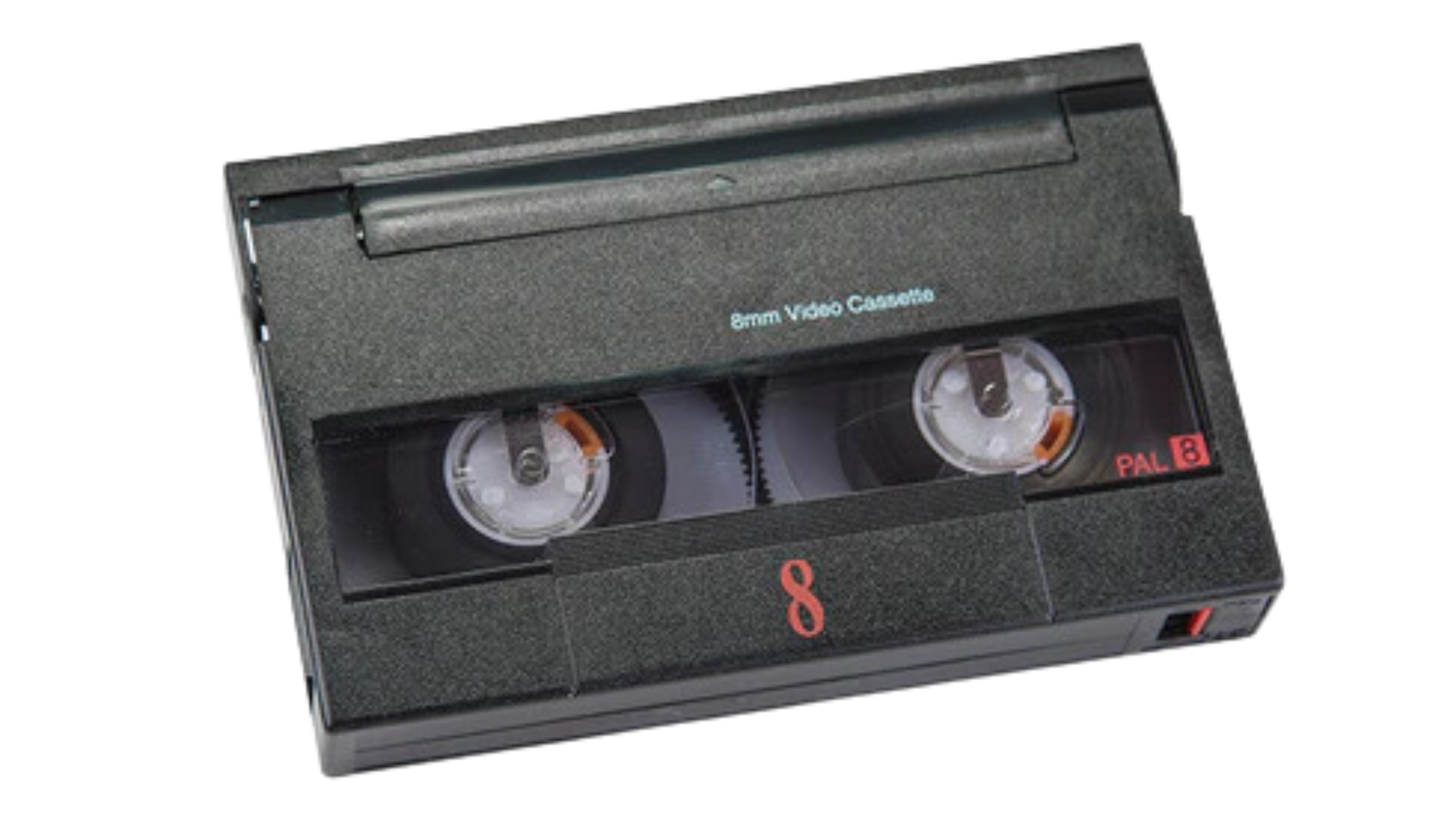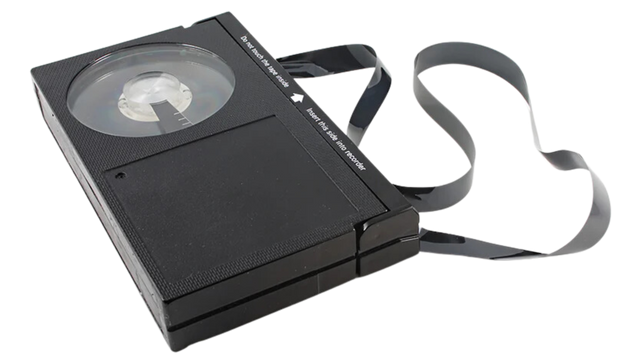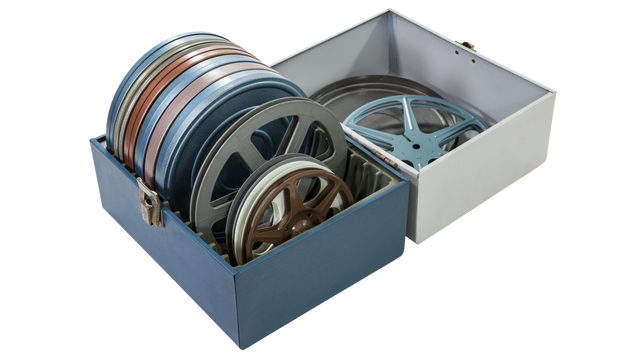What Is an 8mm Tape?
If you’ve recently uncovered a box of 8mm tapes, you’re holding on to a once-popular home video format used by millions throughout the late 1980s and 1990s. These small tapes—also known as 8mm video cassettes—were common in camcorders and came in several variations, including Video8, Hi8, and Digital8.
But unlike DVDs or USB drives, 8mm tapes require a working camcorder or 8mm video cassette player to view them—and most of those are no longer made.
So what do you do if you want to see what’s on that tape?
How to Play an 8mm Cassette
You’ll need compatible equipment, and unfortunately, standard VCRs won’t work. Your best options include:
-
An original 8mm camcorder (if yours still works, protect it!)
-
A used 8mm video cassette player (very rare and usually expensive)
-
A digitization service that can safely convert your 8mm cassette content to a modern format
If you don’t already own a player, it may be difficult to find one that works reliably. Before buying used equipment, read our guide on watching old camcorder tapes without the device to learn what to expect.
Why You Should Convert Tapes Now
Magnetic media such as 8mm tapes were never meant to last forever. According to the U.S. National Archives, magnetic tape is especially vulnerable to “binder breakdown,” where the material holding the magnetic particles together deteriorates over time, leading to signal loss and eventual playback failure. That's why the Library of Congress (LOC) is urging families and institutions to digitize magnetic media now—before those irreplaceable sounds and images are permanently lost.
Digitize 8mm Video Cassette Tapes
Magnetic tape was never built to last. Whether you stored your cassettes in a closet or a basement, they’re now at risk for:
-
Tape degradation (fading images or static lines)
-
Broken reels (especially if the tape has been played repeatedly)
-
Mold or warping (if exposed to humidity)
To save the memories inside, consider a 8mm tape to digital service that captures the footage and delivers it in a safe, shareable format—like cloud access instead of DVDs or USBs.
Heirloom offers fast turnaround, optional free repairs for jammed tapes, and modern delivery options that make sharing memories with family easy and secure.

The Difference Between Video8, Hi8, and Digital8
Not all 8mm cassettes are the same. Here’s a quick breakdown:
-
Video8: The original format, often used in camcorders from the late 1980s
-
Hi8: A higher resolution version introduced in the early ’90s
-
Digital8: The most advanced version, storing digital footage on an analog tape
If you’re not sure which you have, don’t worry. Most digitization providers (including Heirloom) can handle all three formats.

FAQ: People Also Ask
What is an 8mm video tape?
An 8mm tape is a small video cassette format popular from the 1980s to early 2000s. It was used in camcorders and came in versions like Video8, Hi8, and Digital8.
How can I watch old 8mm tapes?
You’ll need a working 8mm, Hi8, or Digital8 camcorder or playback deck. These devices are harder to find today, which is why many people convert tapes to digital.
Can 8mm tapes still be converted to digital?
Yes. Professional digitizing services can safely play and capture 8mm tapes, converting them to MP4 or other digital formats before the magnetic media degrades.
How long do 8mm video cassettes last?
Most 8mm tapes last 10–30 years, depending on storage. Heat, humidity, and frequent playback shorten their lifespan, making digitization important.
What’s the difference between 8mm, Hi8, and Digital8?
8mm (Video8) is the original analog format. Hi8 offered improved resolution, while Digital8 recorded in a digital format on the same-sized tapes.
Recommended Next Reads
Video 8: What You Need to Know About This Classic 8mm Tape Format
How to Digitize Hi8 Tapes: Rescue Your 8mm Camcorder Memories
Your Wedding Video Is Worth Watching Again
50th Birthday Ideas That Celebrate a Lifetime of Memories
What Is Nostalgia? The Science and Magic Behind Nostalgic Memories
📧 Want more tips like this?
Subscribe to Heirloom emails to learn how to preserve your priceless memories. Get discount codes for expedited shipping, quality digitizing, and secure cloud storage. We never spam, and it’s easy to unsubscribe at any time.



